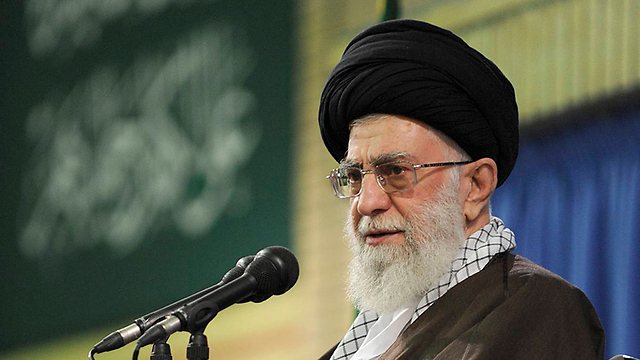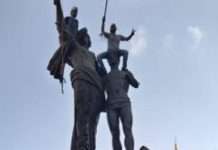Decisive Storm restores hope to Yemen’s people
Salman Aldosary/Asharq Alawsat
Wednesday, 22 Apr, 2015
It took Operation Decisive Storm, launched on March 26, a total of 28 days to achieve its declared goals. The coalition member states said from day one and throughout the war, up until Tuesday when the end of the operation was announced, that the war in Yemen is not an end in itself but a means to protect Yemen’s legitimate and internationally recognized President Abd Rabbuh Mansur Hadi, and deter the Houthi militias and remove their threat to neighboring countries. In fact, the coalition members have not merely concluded the military operation now that its goals have been achieved, but have also demonstrated commitment to the Yemeni people by maintaining support through an economic and humanitarian project they declared on Tuesday and dubbed Operation Restoring Hope. Indeed, no one likes wars or even to support them, but tell me of another coalition that has deterred with its left hand and built with its right.
It was obvious throughout Operation Decisive Storm how the Gulf Cooperation Council (GCC) states were following a diplomatic strategy that went in line with the military strikes, so that once the airstrikes achieved their projected goals the circumstances would be suitable for Yemeni political factions to return to the negotiating table. This was achieved thanks to the GCC’s colossal efforts that led to the issuance of UN Security Council Resolution 2216, despite the many obstacles that almost impeded it on several occasions. This time, the dialogue of course will not be overseen by the Houthi putschists whose military coup is now a thing of the past; rather, talks will be conducted in accordance with the GCC initiative and its executive mechanism as well as the outcomes of the National Dialogue Conference, points which serve as the only foundation for any political dialogue in Yemen.
The ball is now in the court of the different political factions in Yemen, who had left the entire scene open for the Houthi militia to dominate both politically and militarily. Those very same powers who toppled Ali Abdullah Saleh after 33 years in power stood by while the Houthis kept taking one bite after another out of the Yemeni apple. Unfortunately, the majority of them seem to have been playing a waiting game, in order to see in whose favor the scales would tilt before they formulated their own positions, without any consideration for the dark tunnel that awaited Yemen once the Houthis seized control of the country. If only Yemen’s political parties could have forseen the catastrophe that would be caused by the Houthi insurgents. The fact is, only a handful of loyal Yemenis stood up to the Houthi coup and the insurgency.
Militarily speaking, and bearing in mind that Operation Decisive Storm has come to an end, coalition forces will continue to impose aerial and naval control to enable the legitimate authority to resume power. Up until now, and despite leading their country into war, the Houthis have not been excluded from the political process, since they are regarded as one of the main political factions in Yemen. However, if the Houthis were to resume their insurgency and insist on using force against the rest of the country’s political factions as well as civilians, Operation Decisive Storm would do more than just deter them. They also must realize that this opportunity will not last forever. They can either refrain from seeking help from foreign powers and using military force, or they will be excluded from the political process and treated as an illegal group. This is especially so since their current political and military status is no longer the same as it was prior to Operation Decisive Storm, which has succeeded in destroying their military arsenal and cutting their links with Iran.
Iran will not stop harming the Yemeni people even if 100 Operation Decisive Storms were to be launched. The Iranian regime will not be deterred unless its supplies to the Houthis are cut and its interference in Yemen stopped once and for all.
All the crazies are targeting Saudi Arabia
Tariq Alhomayed/Asharq Al Awsat
Wednesday, 22 Apr, 2015















